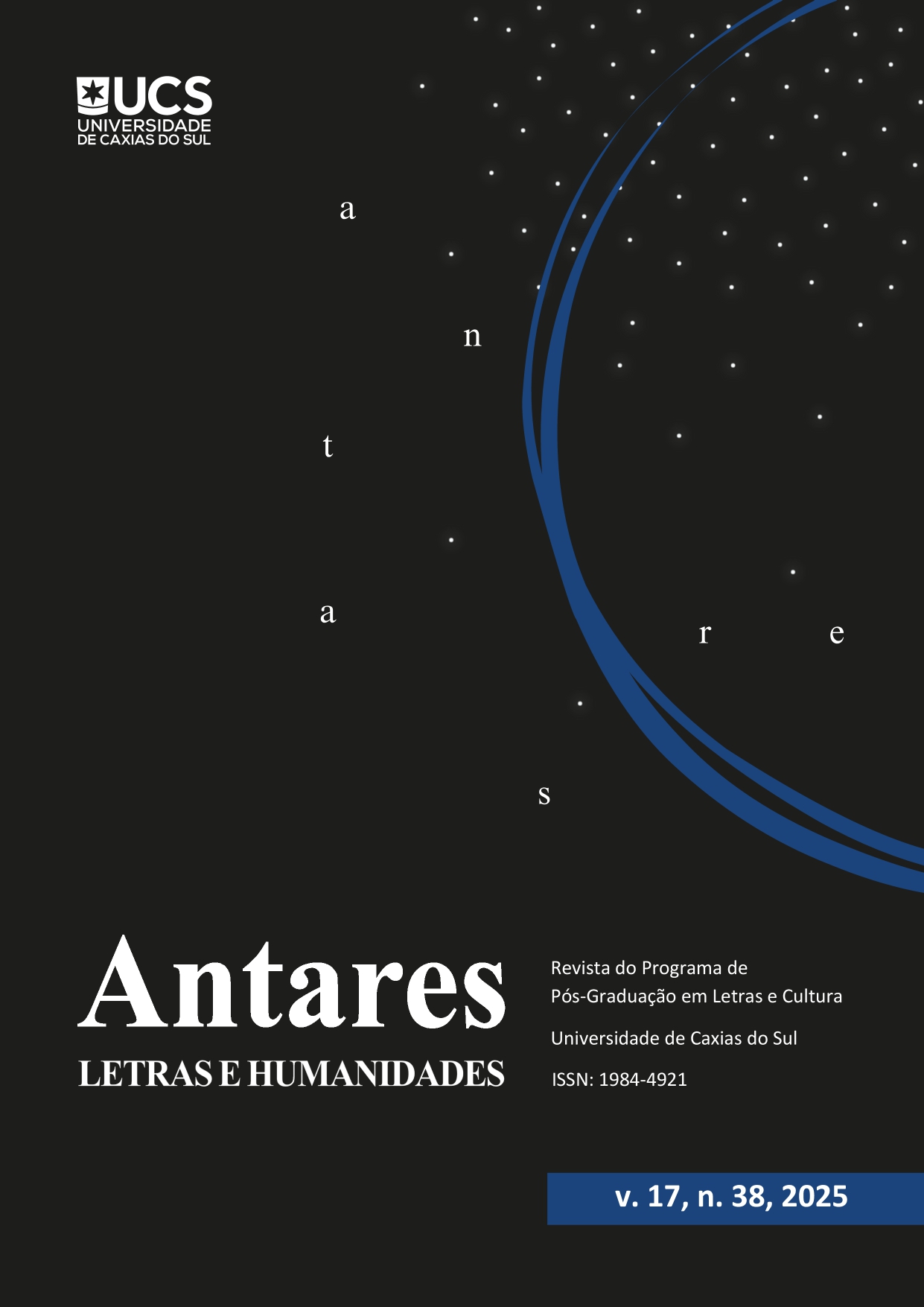The influence of social factors on the variation between expression and non-expression of pronominal subject in Brazilian Portuguese in the 19th century
Keywords:
Linguistic variation, Linguistic change, Pronominal subjectAbstract
Portuguese language is characterized by an optionality between building a clause with a personal pronoun as subject (eu comprei um livro – I bought a book) and building it without pronominal subject (comprei um livro – I bought a book). In the history of Brazilian Portuguese (BP), a typical linguistic change is the progressive increase in the use of the first option, in opposition to the second one. This paper is part of a broader research project whose purpose is to investigate whether such change has been influenced by social factors. In this context, the article aims to analyze if, in BP, in the 19th century, the variation between expression and non-expression of pronominal subjects is influenced by social variables. The analysis addresses the following variables: education, stage of life, social class, gender/sex. The theoretical framework is an articulation among Variationist Sociolinguistics, Historical Sociolinguistics and Functional Discourse Grammar. The paper is based on variationist methodology, and it uses a corpus that is composed of Brazilian theatre plays produced in the 19th century. The results suggest that the variables education and stage of life are relevant: higher levels of education and the second stage of life maintain higher rates of non-expression of subject.





